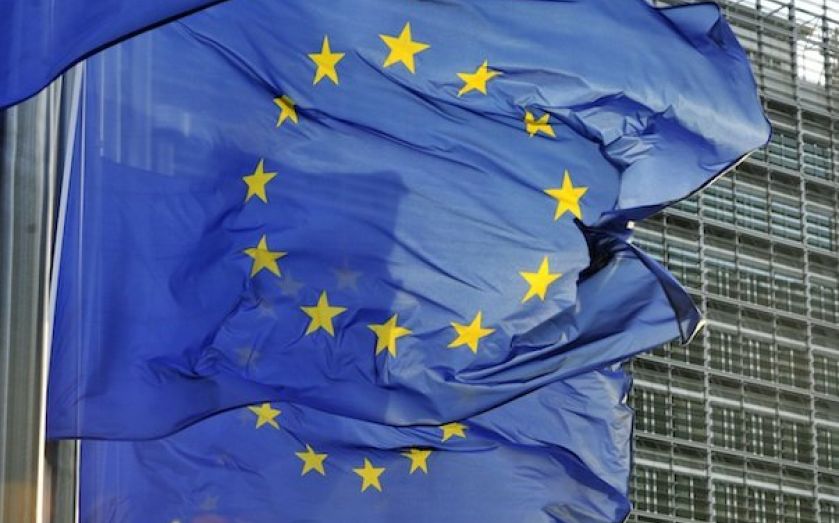EU wargame: Reform can happen but Brexit could still be amicable

IN BUSINESS, as in diplomacy, “war games” or simulations are a useful tool for mapping out tricky negotiations or complex geopolitical issues. The technique is often used by the CIA to play out security scenarios. But it was also reportedly used by Germany to work out what a Grexit might mean for the Eurozone economy – and helped influence the country’s decision to keep Greece in the euro.
Sadly, these games are often played out behind closed doors, with the conclusions used to back up high level policy decisions or significant investment choices. Earlier this week, however, Open Europe took the unique step of conducting an open and public war game of the UK’s biggest unanswered geopolitical question – its relationship with the EU.
To make it as accurate as possible we tested two scenarios. In the first, the UK, represented by Andrea Leadsom MP, tried to negotiate a series of reforms to make the EU more globally-competitive, flexible and democratically accountable. In the second, we presumed that these negotiations had failed, the UK had voted to leave and thus needed to negotiate the terms on which it would exit the EU.
So what did we learn? The good news for David Cameron is that, once EU states have exhausted their hostile opening rhetoric, they show signs of supporting specific reforms and being open to making the EU more flexible. Tone is very important – reforms gained greater support if they focused on making the EU as a whole stronger and better, rather than giving the UK specific opt-outs.
The Eurozone crisis highlights the need for economic reform, of course, but we found it also remains a significant distraction for many involved. Plenty of other stumbling blocks emerged, including the mechanics of treaty change (if required), an obstructionist European Parliament, and opposition – by some – to wholesale change of the EU budget, at least in the short term.
But what if reform fails and the UK votes to leave? In this case, the UK would invoke the exit clause Article 50 and use a two-year period to see if a continuity trade deal is possible. For this scenario, David Heathcoat-Amory, former Europe minister and the architect of the same Article 50, played the UK. Unsurprisingly, there was a significant amount of hostility following an exit, which was widely lamented, with many ruling out full UK access to the customs union and Single Market. France was unsurprisingly the key antagonist.
The better news was that all states agreed they wished to continue trading with the UK and co-operate on other matters of mutual interest. So some kind of deal looked likely, albeit focused on goods rather than services – a key sector of the UK economy. The UK used its trade deficit as a negotiating tool to protect its financial services sector, but this seemed to do little. Given the condensed nature of the negotiations, however, it could prove more attractive as time passes.
Running simulations like this cannot predict the future. But they might just help the UK avoid a few pitfalls when it comes to the real thing.
Christopher Howarth is senior policy analyst at Open Europe.